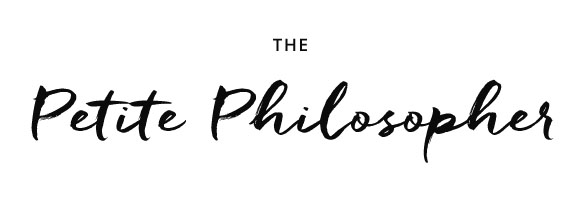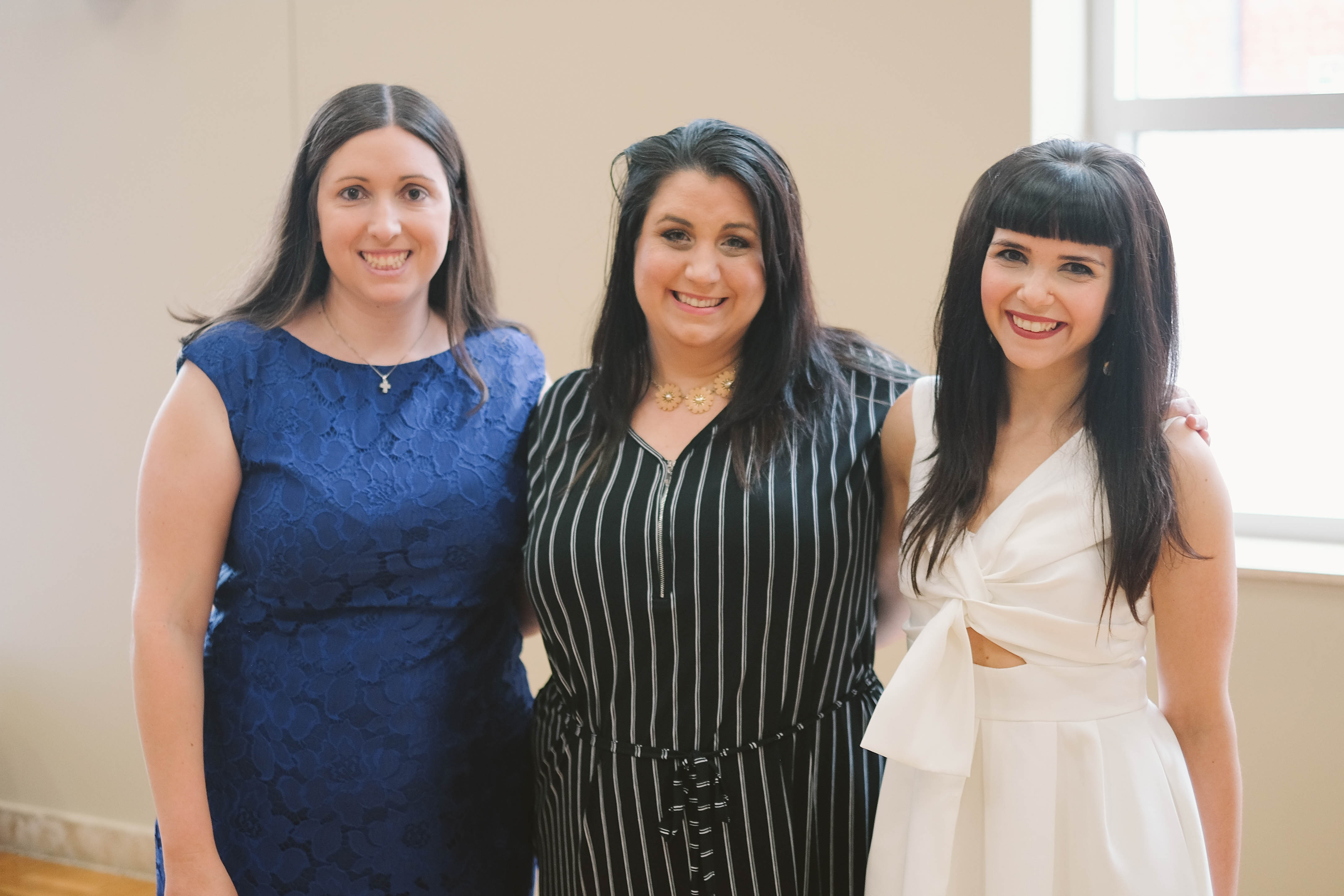“History is Philosophy teaching by example.” – Thucydides
Our lives are enmeshed in story. History is more than facts, names, and figures; it embodies the crucial stories that create and influence our lives. This, among other aspects, is why I have a deep passion for history. I originally gained a great interest in history during my years at high school, where I was fortunate to have a charismatic teacher who allowed students to explore history through a wide range of activities. I continued to explore my interest in history by enrolling at the University of Windsor in the Drama in Education and Community program with a Minor in History. I specifically chose this path because I knew I wanted to become an educator who uses active and participatory learning to teach history. Fast forward to today, and I am currently teaching a grade ten Canadian History course, the one that is mandatory for students to pass in high school. When I taught Career Studies, many students expressed that they thought history was the least important subject in school, and that it’s useless and won’t prepare them for a successful occupation. I either got that response or the cliche “history teaches us not to repeat past mistakes”. I disagree with both sentiments. Firstly, studying history allows one to develop transferable skills such as critical thinking, questioning, research skills, and analytical skills, as well as build empathy. All of these skills are essential no matter what path a student may take upon graduating high school. In terms of the cliche statement, if it were true, then we would be living in a completely different world.
As a teacher, I always strive to make learning fun for my students, no matter the subject. With history, though, I think it’s easy to make it enjoyable. Yes, there are notes and worksheets, but also so many wonderful opportunities to engage the students in debates, role playing, games, and simulations. History certainly does not have to be boring. According to Jacyntha England, author of Understanding and Representing Memory Through Drama: A Lesson Plan in Three Acts, using drama to teach history transforms students into creative and empowered individuals and brings them onto a journey where they are able to relate the world to themselves. By using active learning in the history classroom, students are also able to create their own meanings and interpretations of the facts presented to them.
Personally, I see that active learning and drama does indeed enhance the learning experience for students in the high school history classroom in a number of ways. Drama and active learning allows students to collaborate with their peers and discover new perspectives. It also forces students to think critically and shape their own opinions about history and connect it their own lives. Drama has students express themselves, whether they enjoy doing so or not, and lets them tackle issues hand-on, and reflect on their process. Incorporating drama and active learning into history is not simple, for it requires patience and perseverance, and must be brought in gradually to make students feel more comfortable. Drama is not acting, but doing; in the history classroom, it allows students to become active in their learning and construct their own meanings. I encourage all history teachers to try using dramatic techniques in their own classrooms, to model their own passion for history, and to have students actively explore the stories that create and influence their lives.



A special thank you goes out to my student Ronald Peter for snapping these pictures!









